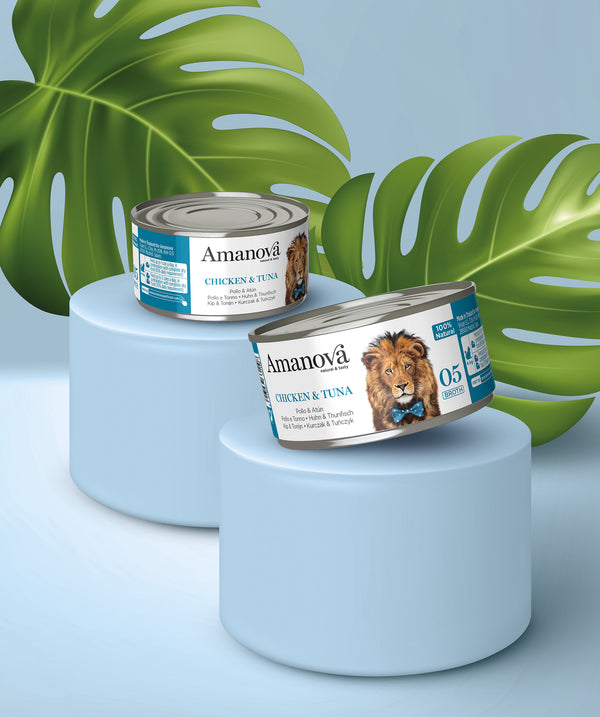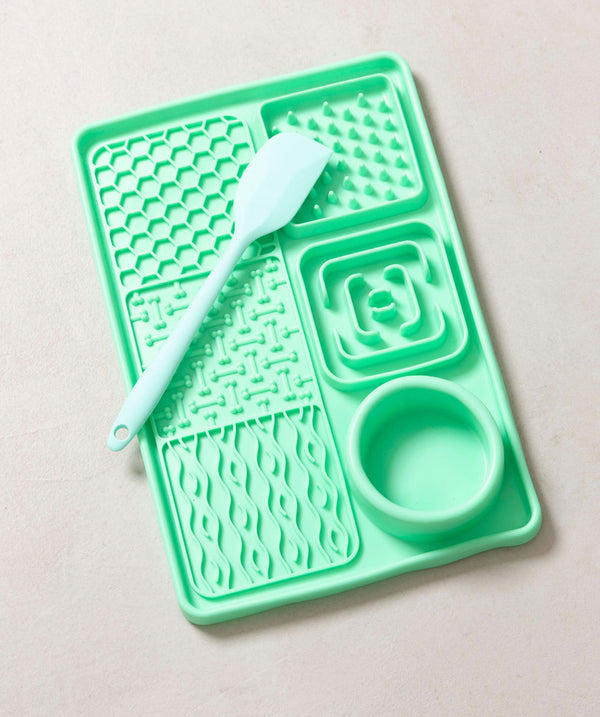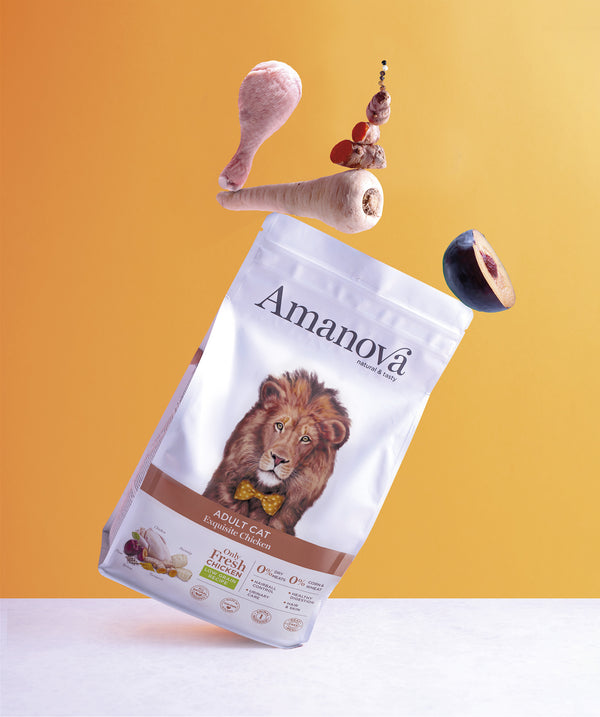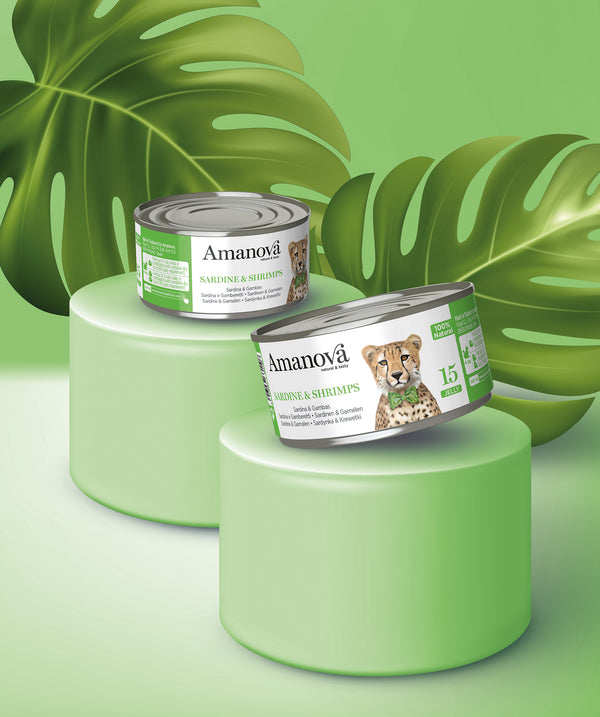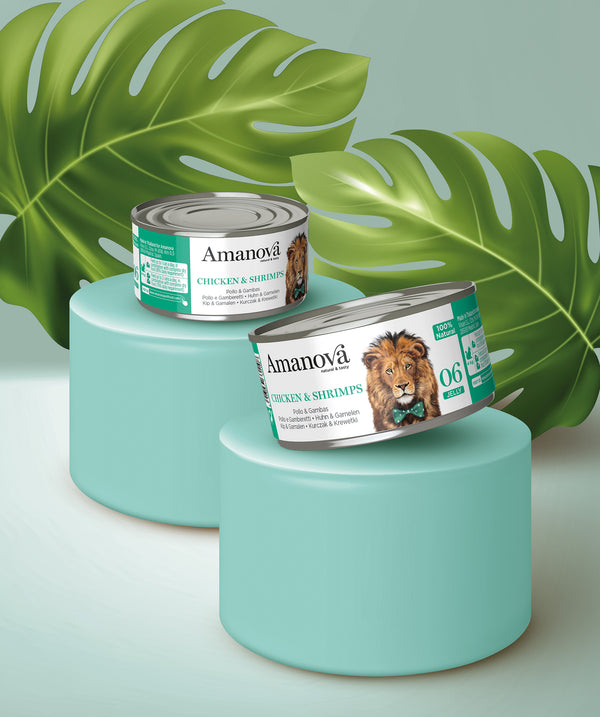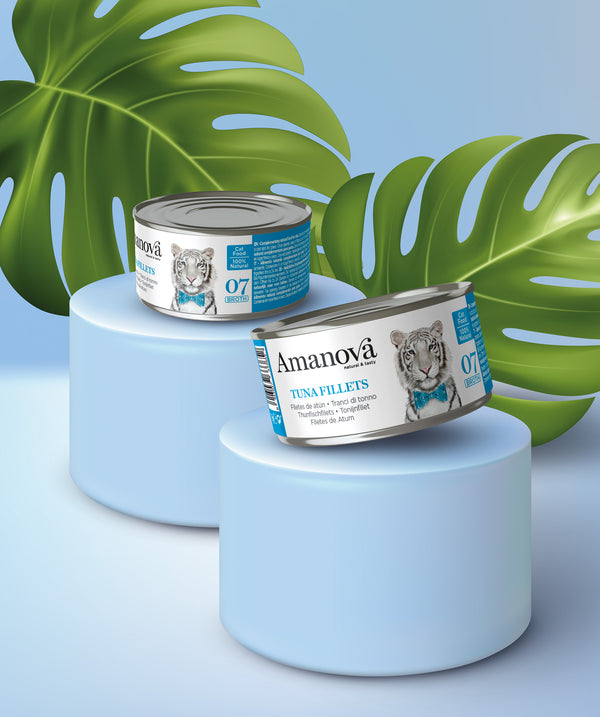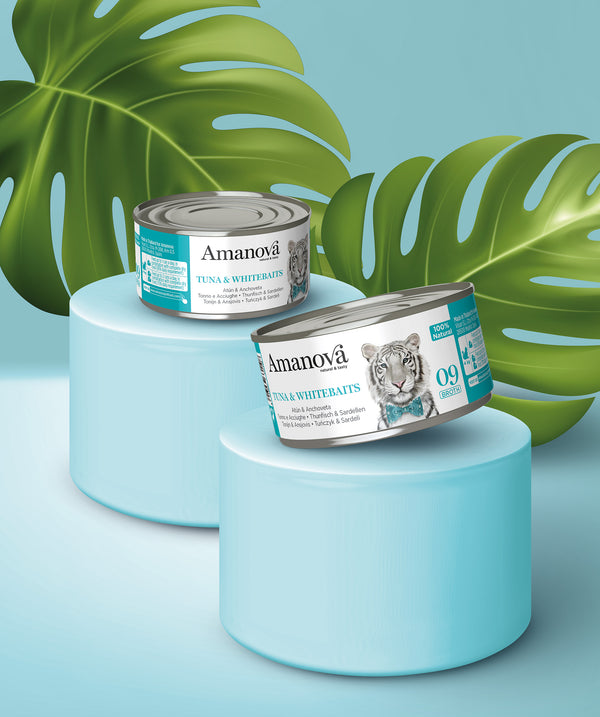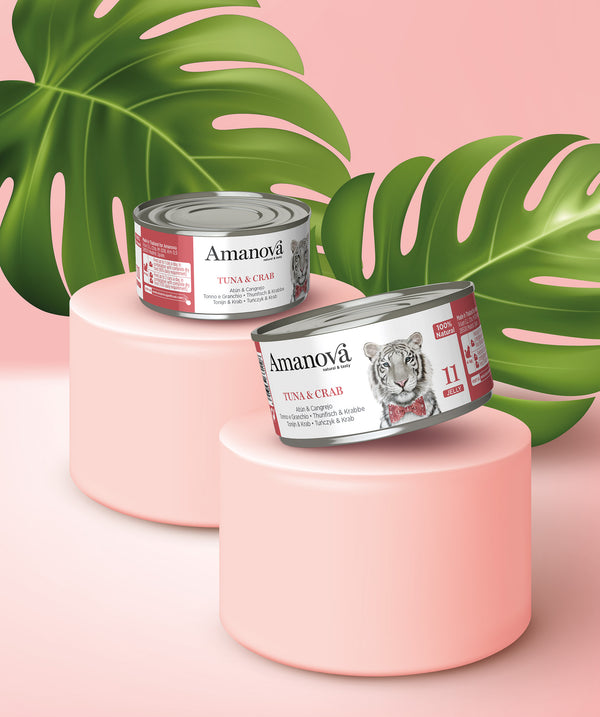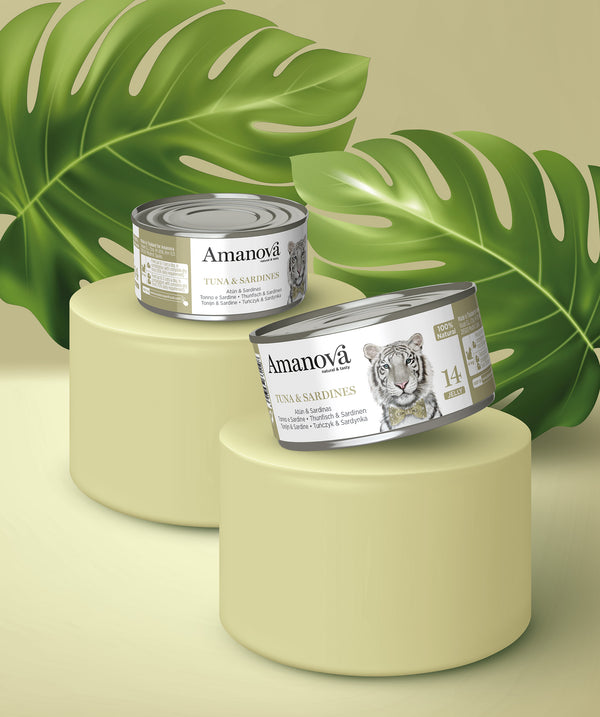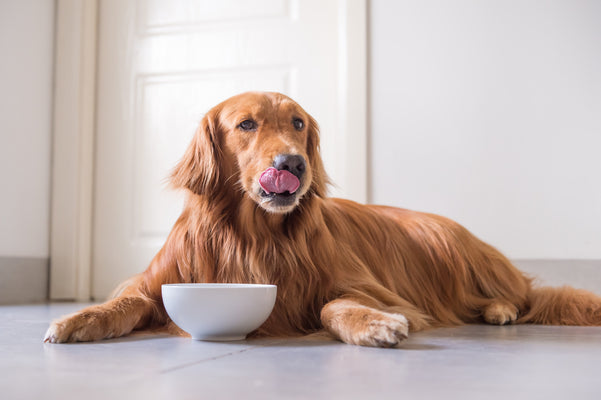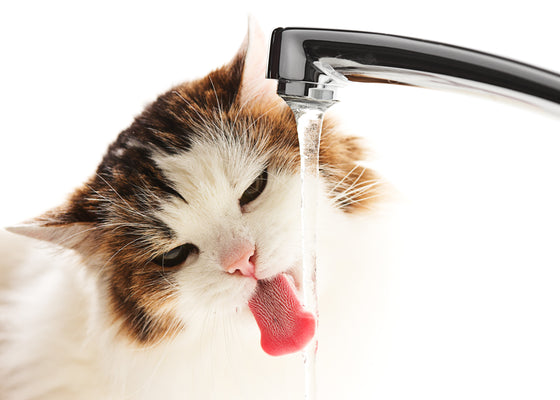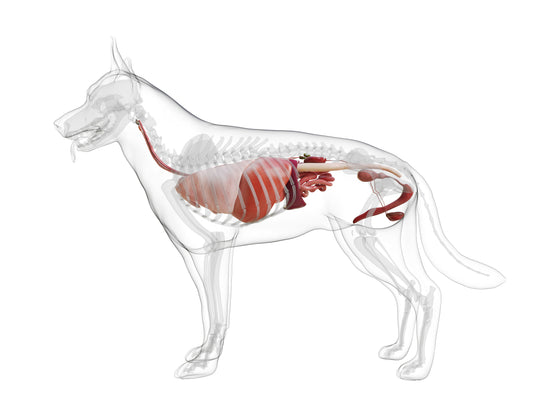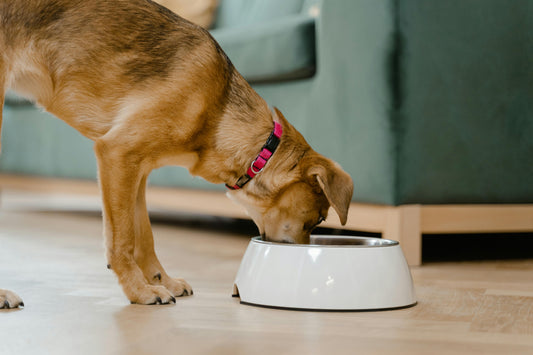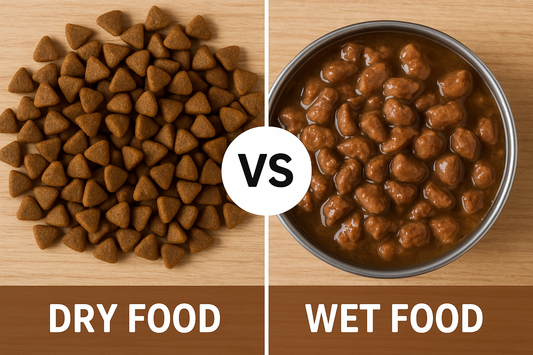Vomiting in dogs can be a symptom of various conditions, ranging from mild issues to serious diseases. It is essential to observe the frequency, color, and consistency of the vomit to determine whether it is something temporary or if a visit to the vet is necessary. In today’s article, from Onlyfresh, we talk about the causes of vomiting in dogs and when you should be concerned.
Main causes of vomiting in dogs
Dog with diarrhea and vomiting
If your dog has diarrhea and vomiting at the same time, it may be suffering from gastrointestinal irritation caused by indigestion, a sudden change in diet, or the ingestion of spoiled food. In some cases, these symptoms may be triggered by intestinal parasites, bacterial infections, or even viruses such as parvovirus, especially in unvaccinated puppies.
When a dog loses fluids through vomiting and diarrhea, there is a high risk of dehydration, which can quickly worsen its condition. If the symptoms persist for more than 24 hours or if the dog shows signs of lethargy and apathy, it is essential to see a vet to prevent serious complications.
Dog vomiting white foam
When a dog vomits white foam, it is usually related to the accumulation of saliva in the stomach due to mild digestive discomfort. This can happen if it has eaten too quickly, drunk too much water, or has had an empty stomach for too long.
However, if the white vomit occurs along with persistent retching, weakness, or abdominal bloating, it could be a sign of a more serious condition such as gastric dilatation-volvulus (GDV), a potentially life-threatening condition that requires urgent veterinary care.
Yellow vomit in dogs
Yellow vomit in dogs is usually made up of bile, a digestive fluid produced in the liver. This typically occurs when the dog’s stomach is empty for a long time, which causes irritation of the stomach lining. It is common in dogs that vomit in the morning before eating or those with irregular feeding schedules.
If the yellow vomit is occasional and the dog remains active and has an appetite, it is usually not a cause for concern. However, if it happens frequently or comes with other symptoms such as lethargy or weight loss, it may indicate liver disease, pancreatitis, or intestinal problems that require veterinary attention.
Dog vomiting undigested food
When a dog vomits undigested food shortly after eating, it is usually because it ate too quickly, leading to immediate regurgitation. This can be prevented by offering smaller portions and using special feeders for anxious dogs.
If vomiting food occurs several hours after eating, the dog may have a more serious digestive issue, such as an intestinal obstruction, gastritis, or food intolerance. In these cases, it is important to monitor whether vomiting is frequent and if the dog shows signs of abdominal discomfort.
How to act if my dog vomits?
As mentioned, vomiting in dogs can be an isolated episode or a sign of a more serious health problem. The first thing you should do is assess the frequency and appearance of the vomit, as well as your pet’s overall behavior. If vomiting happens only once and the dog remains active, in good spirits, and shows no other symptoms, you can try a temporary fast of 12 hours, allowing only small amounts of water. This will help avoid further digestive irritation and give it time to recover.
It is important to observe how your dog responds during this period. If after the fast the vomiting does not recur and the dog shows interest in food, you can start offering a bland diet in small portions, such as boiled rice with unseasoned chicken. However, if vomiting persists, becomes more frequent, or other symptoms appear such as diarrhea, fever, lethargy, or loss of appetite, it is essential to see a vet as soon as possible. Dehydration can occur quickly, especially in puppies, senior dogs, or small breeds, so you should not wait too long if you notice signs of deterioration.
Treatments for dogs with vomiting
The appropriate treatment will depend on the cause of the vomiting. In mild cases, such as indigestion or temporary gastric irritation, the vet may recommend a bland diet for a few days, consisting of rice and boiled chicken, along with probiotics to restore intestinal flora. They may also prescribe gastric protectors or antacids, especially if vomiting is caused by gastritis or stomach sensitivity.
If vomiting is recurrent and comes with other concerning symptoms, the vet may run tests such as bloodwork, ultrasounds, or X-rays to rule out underlying diseases such as infections, pancreatitis, or intestinal obstructions. In more severe cases, such as ingestion of a foreign body or gastric torsion, emergency surgery may be necessary to save the dog’s life.
Never self-medicate your dog without veterinary advice. Some human medications can be highly toxic to dogs and worsen their condition instead of improving it. If you are unsure what to do when your dog vomits, the best option is to always consult a professional to ensure your pet receives the proper treatment.
As we have discussed, vomiting in dogs can be a one-off symptom or a sign of a more serious health issue. Identifying when to worry about dog vomiting and paying attention to details such as whether the dog vomits white foam or dog vomits yellow can help you act in time.
If you have doubts about its diet or need to improve it, at Onlyfresh you will find natural, high-quality food options to keep its digestive health in top condition. Discover our recipes and take care of your pet with the best!



